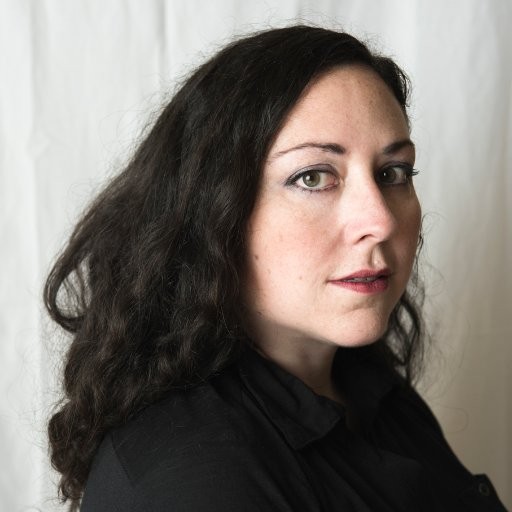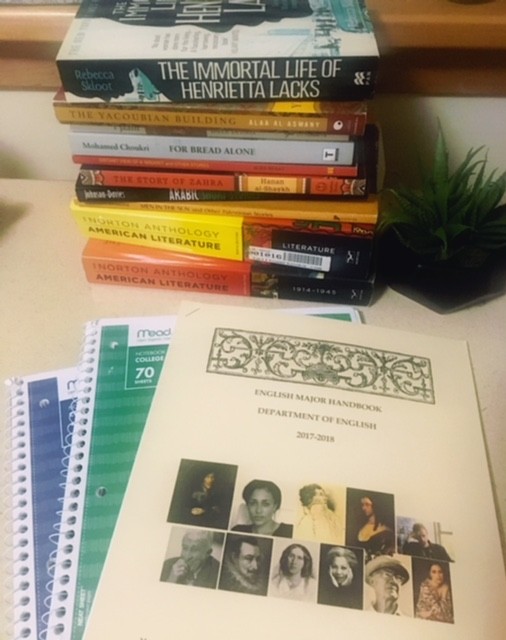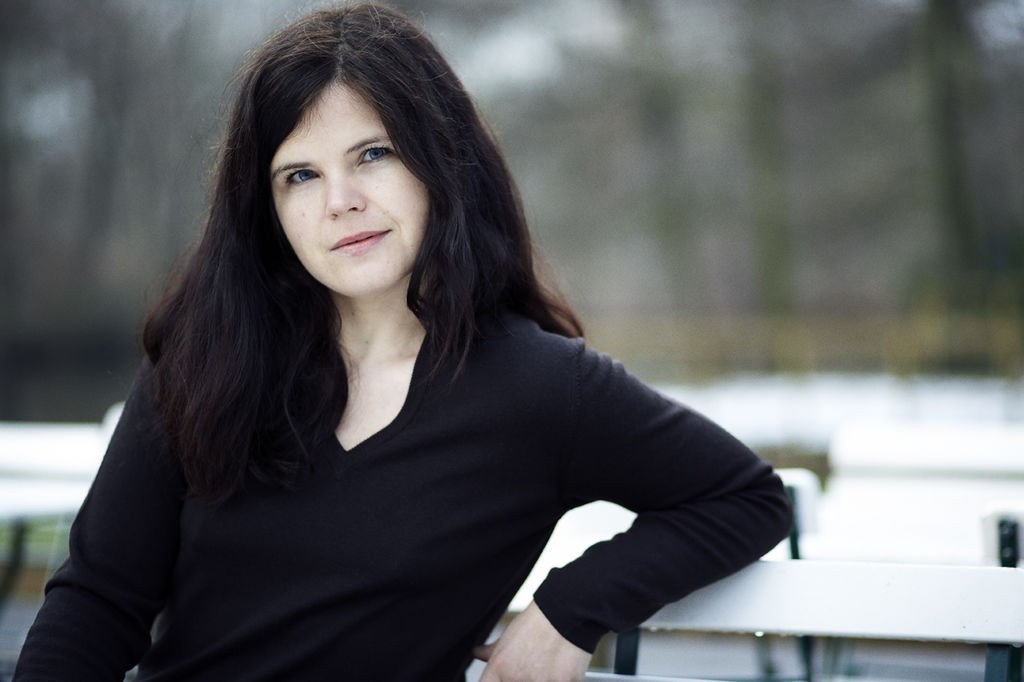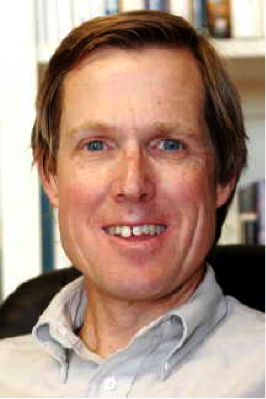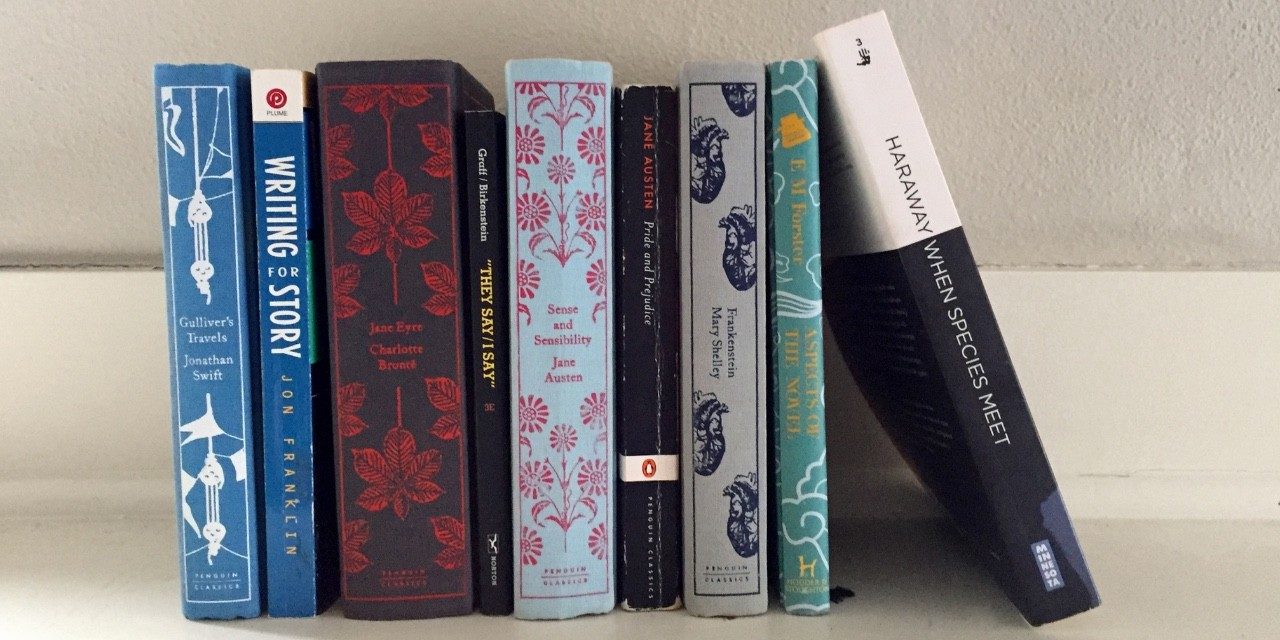by Keaton Gaughan Leni Zumas, author of the upcoming fiction novel Red Clocks (selected for Publishers Weekly’s “Top 10 Literary Fiction” list), will be visiting campus later this month as part of the University of Portland’s 2017-2018 Readings and Lectures Series. Her reading will be November 15th at 7:30pm in the campus bookstore. Zumas teaches in the MFA creative writing program at Portland State University. She is also the author of the story collection Farewell Navigator, and…
Interview with Leni Zumas
